Realistic Stonefly Bodies
Realistic Stonefly Bodies are replicas of real adult stonefly bodies in shape, size, proportions, and the way they float on the water. Made of foam-like, lightweight, and sturdy material that gives it great floating capability. These bodies are of perfect weight, so when the fly hits the water, it emulates the real insect successfully. The printing and coloring are authentic-looking. Easy to tie – simply make a small slit, insert the hook, add a bit of glue, and, optionally, secure with thread. These bodies make very effective stoneflies. Use thread to tie on the wings & legs using either feathers, for a traditional tie or realistic legs & wings for a more authentic, realistic look.
Realistic Stonefly Bodies come as 6 bodies per bag. Designed in four most important stonefly species: European, Salmonfly, Large Golden Stone, and Skwala. Each variation has been carefully designed to follow the particular species’ size, shape, proportions, and coloring.
European comes in three lengths: 20mm, 23mm & 27mm, Salmonfly in 27mm & 30mm, Skwala in 20mm & 23mm, and Golden Stone in 23mm & 27mm.
Recommended hook sizes to use with different size bodies:
- For 20mm body: #10 hook
- 23mm: #8
- 27mm: #6
- 30mm: #4- 6
Stoneflies
Stonefly is an aquatic insect from the order Plecoptera. These are one of the oldest insect species, with over 3500 different varieties, and can be found around the globe, everywhere except Antarctica. They love clean environments and their presence indicates very high water quality. Throughout their lifetime, stoneflies go through incomplete metamorphosis. They go from egg to nymph and straight to adult, without the pupal or dun stages. The complete stonefly life cycle lasts anywhere from one year (for smaller species – yellow sallies) to three years (larger kinds – salmonflies and large golden stones).
Four major subspecies of stoneflies that are most significant for fly fishing are:
- Salmonfly, family Pteronarcyidae
- Large Golden Stone, family Perlidae
- Yellow Sally, family Perlodidae, subfamily Isoperlinae, genus Isoperla (Stripetail)
- Skwala, family Perlodidae (Springflies)
To learn more details about the stonefly life cycle, different stonefly species, their characteristics, times of hatching, tips on fishing for each species, and other great info – check out our blog post here.
Fly Fishing Stonefly Dry Patterns
There are two instances when adult stoneflies can become food for trout: near the water’s edge, just after they emerge and when they accidentally fall into the water, and secondly, and maybe most significant for a fly fisherman, is the moment of the egg-depositing, taking place on the riffles. When fishing the recently emerged adults along the river’s bank, the best technique would be dead-drifting float, tightly against the banks, beneath the overhanging branches. Should you notice that trout is ignoring your fly, try the occasional twitch – it can entice a strike as it could appear more natural to the trout underneath.
For fishing the riffles, when egg-depositing starts, usually in the evening, dead-drift is again the best presentation to utilize. However, to best imitate the natural behavior of the fly when they deposit eggs, an occasional hop or twitch could make a huge difference. Many stonefly females make a big splash when they hit the water and some continue to flutter while depositing their valuable load. Successfully imitating this behavior can entice the fish and bring you that big strike. Cast the fly hard to make a splash and produce a commotion. Having your fly skate or skitter across the river’s surface might do the trick.

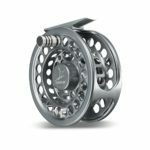
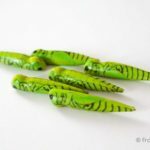
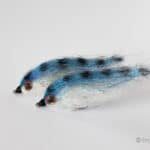
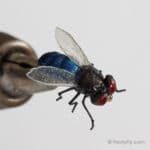
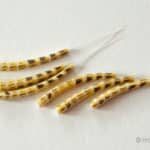
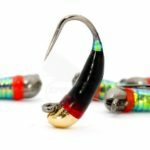
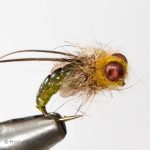
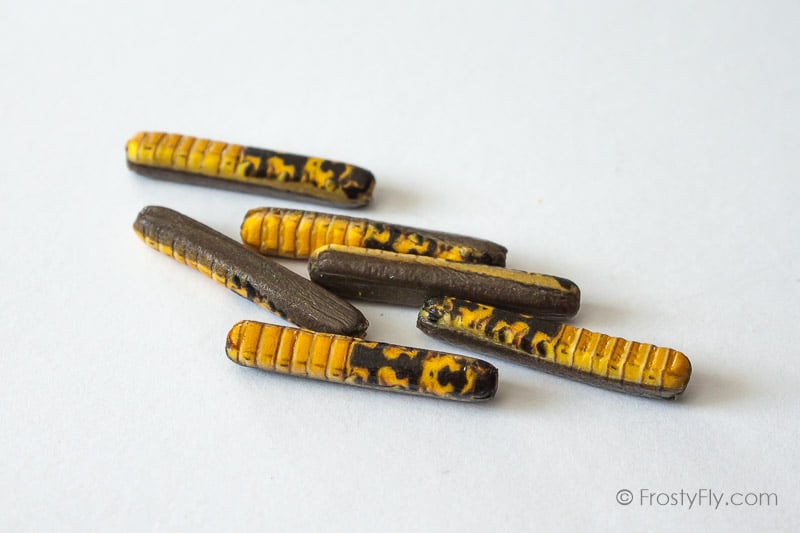

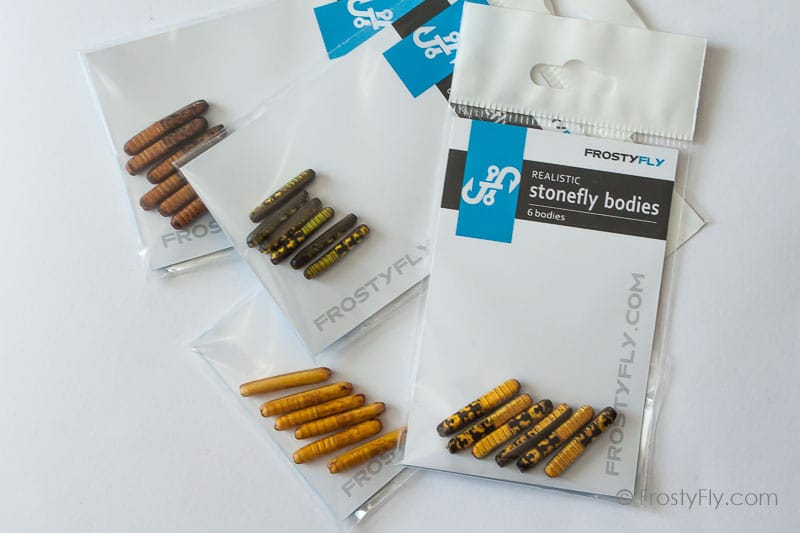
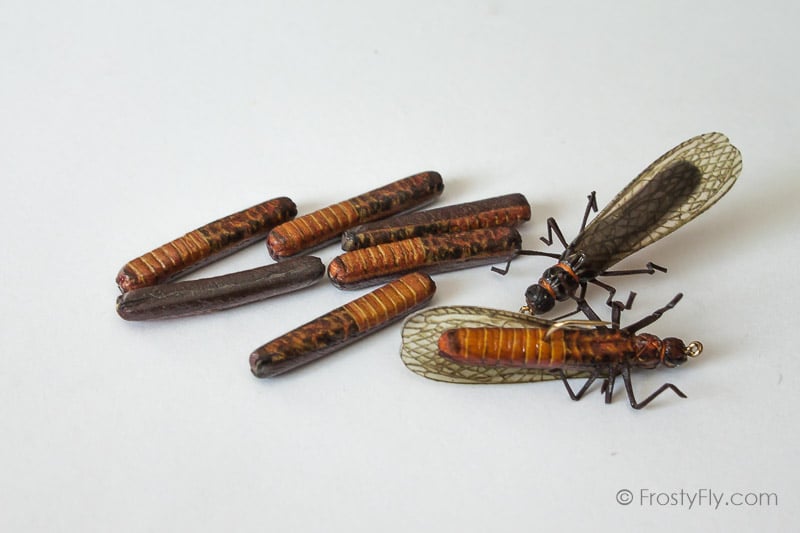

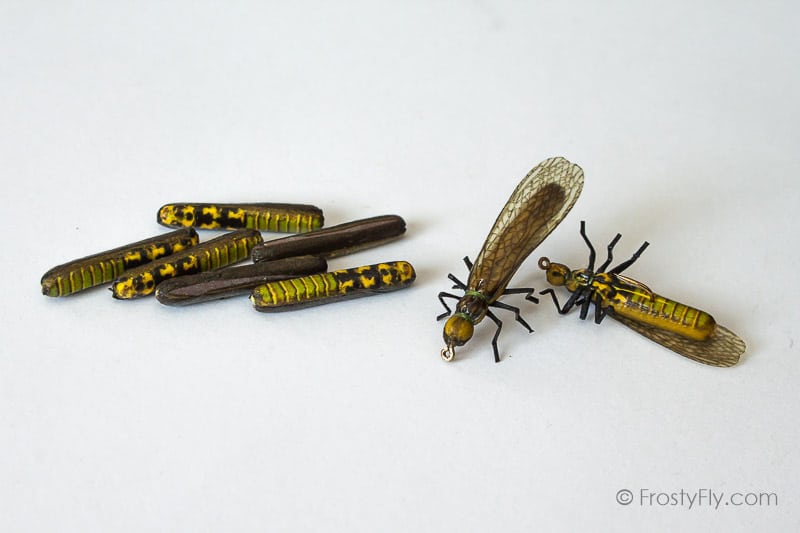
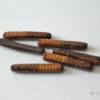
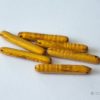
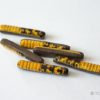
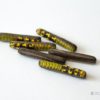
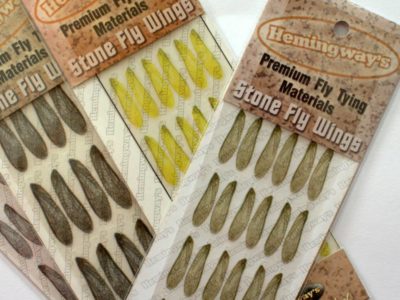

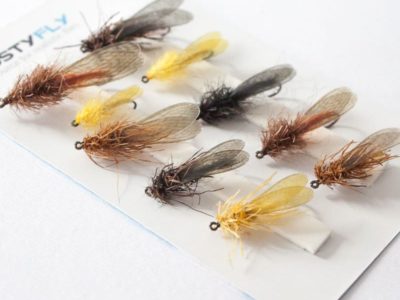
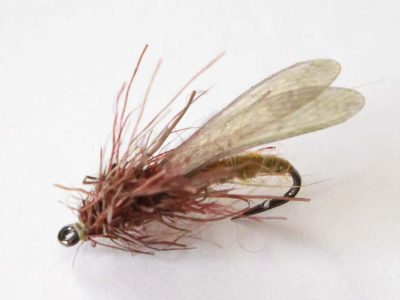
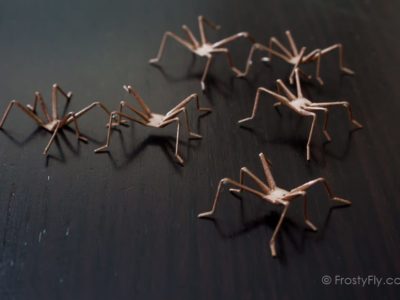
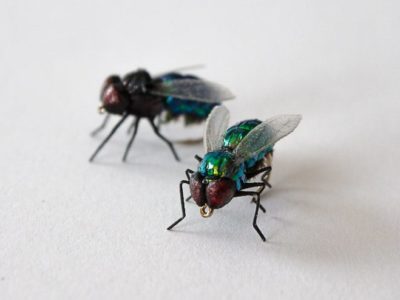
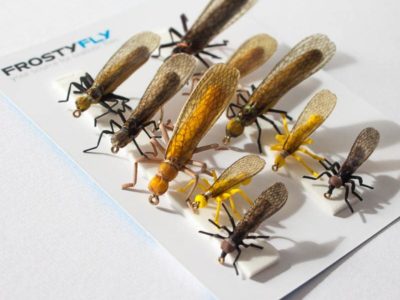
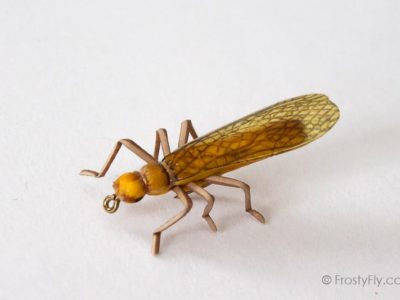
Brendan Toner (verified owner) –
Couldn’t be happier with the bodies.
Steven Craig/Classic Fly Fishing Adventures (verified owner) –
These bodies float like a top and are very durable
Joseph Whalen (verified owner) –
I used the Skwala bodies with a cdc underwing, Hemingway’s realistic stonefly wings, rubber legs and an indicator foam piece over the thorax. I think it’s the best Western water imitation I’ve seen. For years I’ve tried to improve my skwala stonefly patterns and the materials from Frosty Fly helped me do that. They float well but the dark color needs an indicator to follow well.
I have also found that a small parachute with hackle helps to visually follow the fly in faster water.
The different body colors allow the same pattern tied to emulate golden stones etc.